

2016 President’s Annual Report
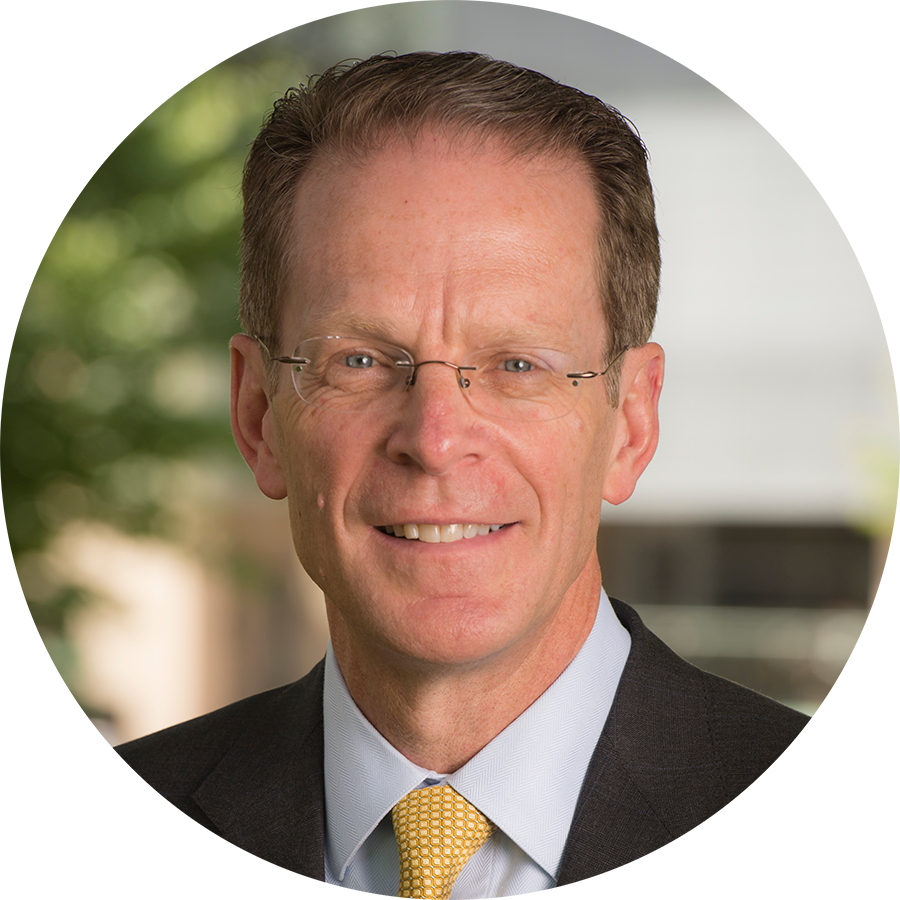
Three years ago, we introduced a new strategic plan for Northern Kentucky University that is guiding us to our 50th anniversary in 2018. We continue to make progress toward the goals articulated in our plan, as illustrated by some of the stories featured in this report.
The construction of our Health Innovation Center is on schedule, and we are excited about the role this facility will allow us to play in improving the health of our region’s workforce and reducing the amount we spend on health care. Along with the celebration of our 50th anniversary, the opening of this new building will certainly be a highlight of 2018.
Our advocacy in Frankfort is paying off – beginning next year, our annual state appropriation will increase by $5.1 million. The Commonwealth has also committed to developing and implementing a strategic, outcomes-based funding model for higher education.
We continue to expand our recruiting efforts within our region and beyond, and more Kentucky high school students than ever are now interested in NKU. They bring with them a sense of hope and optimism that is felt all across our campus.
Our strategic plan seeks to transform that spark of hope and optimism into something even stronger – student success at NKU and beyond.
Thank you helping us to Fuel the Flame.

Geoffrey S. Mearns
President
OUR MISSION:
As a public comprehensive university located in a major metropolitan area, Northern Kentucky University delivers innovative, student-centered education and engages in impactful scholarly and creative endeavors, all of which empower our graduates to have fulfilling careers and meaningful lives, while contributing to the economic, civic, and social vitality of the region.
WE PROMISE:
To put our students first.
To lead with excellence.
To make a lasting impact.
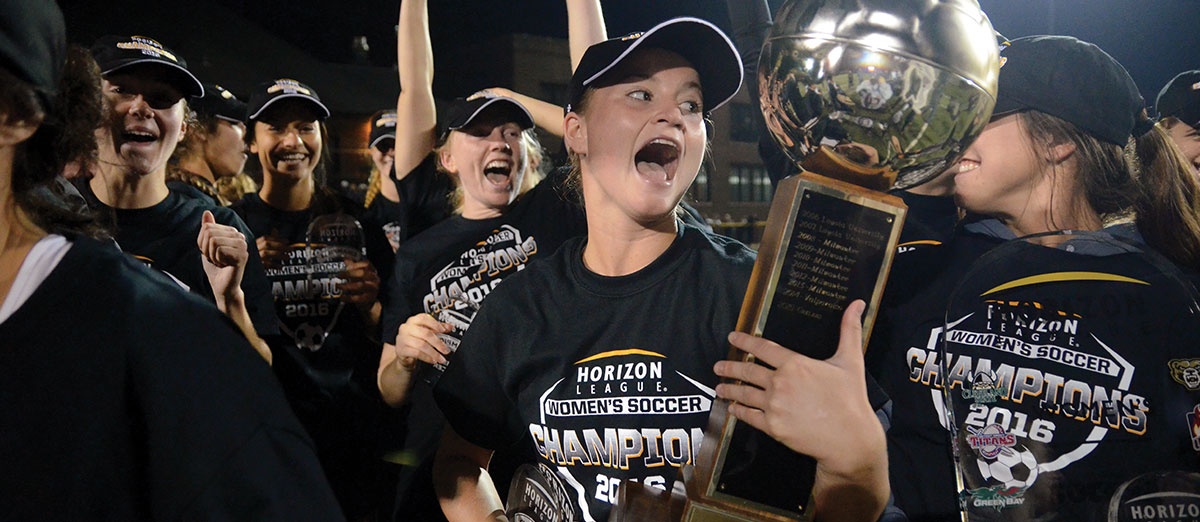
Horizon League Women’s Soccer Champions 2016.
Our first-to-second-year retention rate increased by more than two percentage points this Fall. Since 2010, that rate has increased by six percentage points. That increase is much greater than the national average of just one percentage point during the same period.
We completed our four-year transition to NCAA Division I in 2016, and our athletic teams continue to thrive on the playing field and in the classroom. In fact, last Spring, they recorded a cumulative GPA of 3.24, matching the highest in our school’s history – which they set the previous semester. It marked the 10th consecutive semester of at least a 3.0 student-athlete cumulative GPA.
This Fall, we welcomed more than 80 freshmen from more than 30 countries. When you include exchange students, we have students from more than 80 countries on our campus this academic year.
Chase Law was the top law school in Kentucky for the percentage of graduates passing the 2016 Kentucky Bar Exam. Chase had the highest percentage of graduates who passed the February and July exams, with a combined passage rate of 80 percent. The 2016 exam was the first administered since the launching of Chase Foundations, a program aimed at helping students prepare for the exam.

Summer Buchanan works with a Florence Elementary student.
Last Summer, NKU hosted more than 350 of Kentucky’s brightest high school students on campus for the Governor’s Scholars Program. This five-week experience immerses students into the college environment, preparing them for success after they graduate from high school. Many of the students who were here have said they now plan to attend NKU.
This year, NKU Teacher Education students had a 100% pass rate on the Praxis exam for Elementary and Middle Grades Mathematics, Health and Physical Education, Principles of Learning and Teaching (K-6), Middle School Social Studies, Interdisciplinary Early Childhood Education, and Music Content.
The Duke Energy Foundation awarded $75,000 to the NKU Next Generation STEM Classroom Middle School Program this year. The program brings NKU and Northern Kentucky school districts together to enhance learning opportunities for thousands of students by focusing on teaching training curriculum.
The College of Education and Human Services is partnering with Florence Elementary School to develop a new approach to teacher education that immerses NKU students in the classroom. Through the program, NKU students take their classes at Florence Elementary, building stronger relationships with teachers and students, and gaining a more practical teaching experience than ever before.
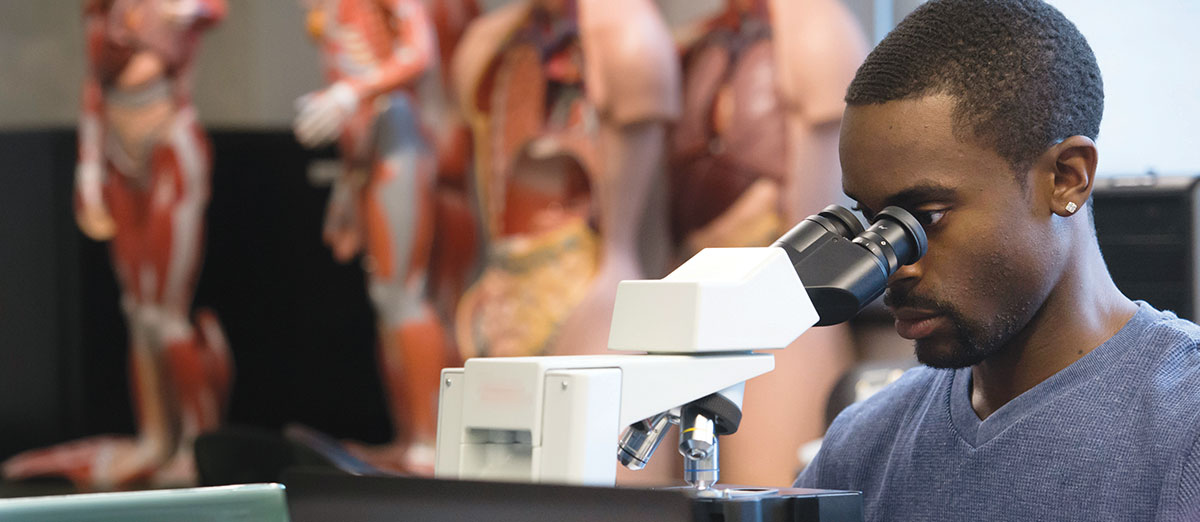
The Health Innovation Center is scheduled to open in 2018.
This Fall, we celebrated 10 years of informatics at NKU. Since its founding in 2006, the College of Informatics has become an integral part of our campus and our region. Over just the last six years alone, the number of degrees annually awarded in the COI has increased 78%.
Professor Abdullah Al-Bahrani wanted to make learning economics fun, so he created a quiz that required students to write a poem or haiku using economics concepts. Now called Econ Beats, the program has evolved into a semester-long transdisciplinary project where macroeconomics students write song parodies and partner with electronic media and broadcasting students to make econ-themed music videos.
The College of Health Professions has a state-of-the-art simulation laboratory that houses high-fidelity adult, pediatric, and infant simulators that give students the opportunity to apply advanced care concepts in a non-threatening learning environment that feels like a real hospital, complete with actual hospital equipment and human actors who interact with students as patients.
NKU’s online Master of Science in Health Informatics is ranked the No. 5 online program in the country by the Health Informatics Degree Center. The program, which gives students a wide variety of concentration options ranging from healthcare data analytics to healthcare administration, offers completely online and hybrid courses.
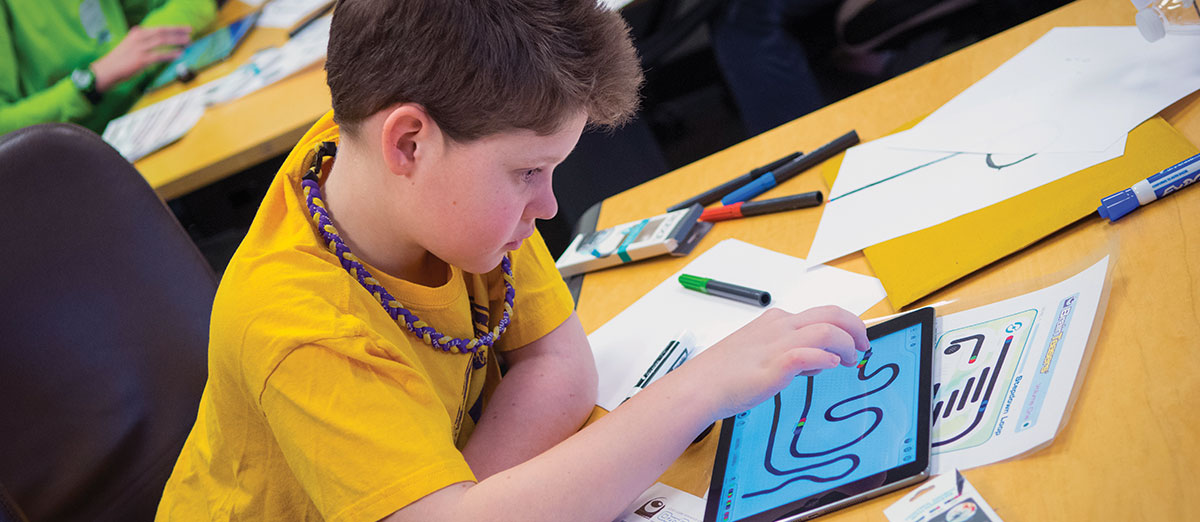
Middle school DreamFest at NKU.
This year, NKU hosted a series of community-wide conversations around our region’s heroin epidemic. The programs included student research projects, philanthropy classes, a “teach in” with the faith community, a town hall on heroin and public policy, and a public talk and panel discussion featuring Sam Quinones, author of the award-winning Dreamland: The True Tale of America’s Opiate Epidemic.
NKU hosted many events this year that explored topics that impact every corner of our community. In November, we hosted an innovative Inclusive Excellence Symposium that brought together corporate and academic leaders to forge new partnerships around diversity and inclusion.
The College of Education and Human Services launched a series of “Think Tank” events, which bring together education and community leaders from across the region and beyond. The events feature an evening keynote address followed by a full day of additional learning, processing, and commitment to individual and collective action.
Approximately 900 female high school students from across the region attended NKU’s annual Young Women LEAD Conference, which was created to empower young women to achieve and succeed in the areas of scholarship, education, and development. Several successful female leaders shared their stories with the girls and offered leadership exercises and strategies.
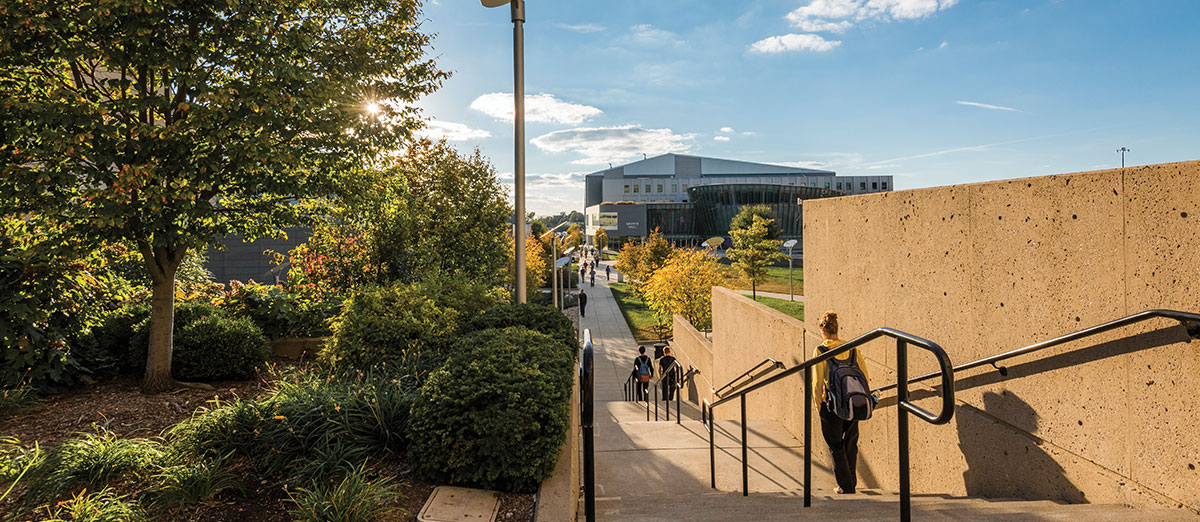
NKU offers one of America’s safest college campuses.
For the eighth consecutive year, NKU was ranked among the nation’s top higher education institutions by Forbes magazine. Our University was also named one of the best in the nation for adult learners by Washington Monthly magazine, and one of the best for military veterans by The Military Times.
The NKU community rallied like never before last year to convince state legislators the time has come for fair funding for NKU students. More than 4,300 messages from students, faculty, staff, alumni, and friends were received by the General Assembly and Governor Bevin. As a result, next year NKU will receive an additional, recurring $5.1 million, and now Kentucky is developing an outcomes-based funding model for higher education.
Highland Heights is the 12th safest college town in America, according to new annual rankings from Safewise. The Utah-based firm ranks cities based on the most recent FBI technology to analyze crime statistics, as well as its own analysis of crime prevention initiatives, such as NKU’s Norse Alert emergency notification system and campus-wide A.L.i.C.E. active-shooter trainings.
For the first time ever, our University convened volunteer leaders from across the institution’s advisory boards, councils, and alumni groups to discuss where NKU is now and where it is headed as we approach our 50th Anniversary in 2018. Participants heard TED-style talks from each of the colleges, participated in a panel discussion with students, and gave feedback through a Q&A hosted by President Mearns.
Ask NKU.

Ask NKU is a monthly podcast that showcases the finest minds at NKU as they share their knowledge about any number of subjects in a fun, engaging, relatable way. Our faculty have spent decades amassing a highly specialized knowledge, and we invite you into our studio to share their expertise related to relevant, timely topics.
Visit ask.nku.edu for more information and for a full archive of our Ask NKU podcasts.
